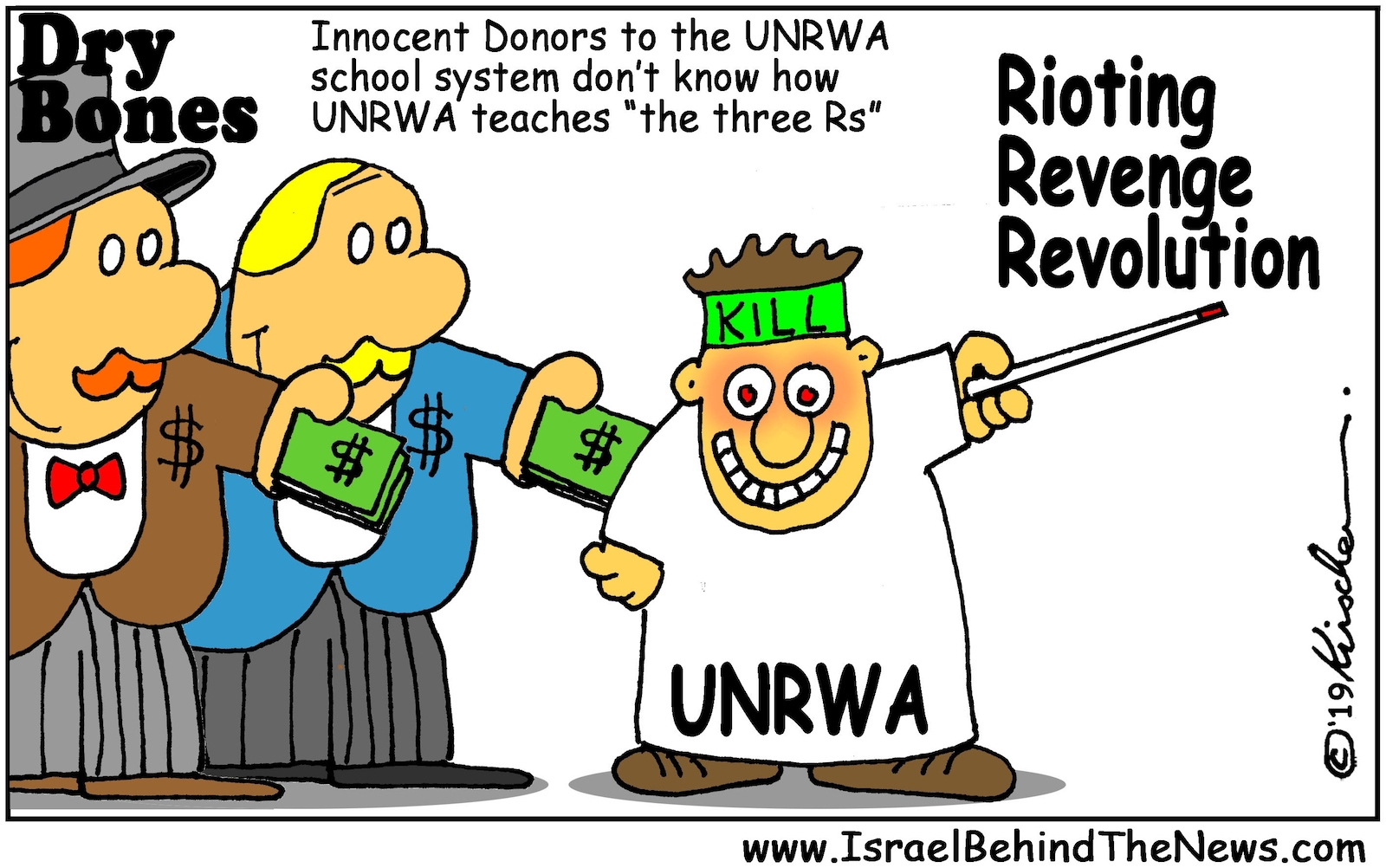Israel Is in the Middle East, Israelis Are Middle Easterners, and Don’t You Forget It
It’s not European. And it doesn’t divide into right and left, religious and secular. Matti Friedman, author of a new book about Mizrahi spies, on why Israel baffles and infuriatesI’m an Israeli settler. This is why I spoke with J Street’s first ‘alternative Birthright’ group.
Israel is in the Middle East.
That may sound like one of the more banal opening sentences to an article, but it’s a fact, argues Matti Friedman, that seems to continually elude many commentators and critics of Israel, many Diaspora Jews who pronounce themselves baffled by some of Israel’s actions and policies, and, indeed, many Israelis themselves.
Friedman, 41, is an acclaimed Canadian-born Israeli author (“The Aleppo Codex,” “Pumpkinflowers”) who recently published a most unusual book, “Spies of No Country,” about Israeli espionage at the time of the state’s founding — unusual in that its protagonists are Israelis born in the Arab world who ventured back there, into what was at once familiar and highly dangerous territory, in the service of the nascent state. Friedman chose to focus on the heroes of what was sometimes known as “the Black Section” of Israel’s bare-bones initial intelligence apparatus because, he told The Times of Israel in an interview last week, “I thought we needed stories that better reflect the real Israel — not just stories of secular Ashkenazi pioneers and survivors of Warsaw.”
That “real” Israel, Friedman argues, is the Middle Eastern Israel, Israel as “part of the continuum of Judaism in the Muslim world.” The more you understand and internalize that, he says, the better you understand this country — everything from its cuisine and its music to its behavior and, crucially, its politics.
Which is why it seemed like a good idea to interview Friedman just as Benjamin Netanyahu overtook David Ben-Gurion as Israel’s longest-serving prime minister — chiefly, says Friedman, because Netanyahu so well recognizes the cutthroat, merciless reality of Israel’s Middle East location — and as the combined forces of the center and left try, yet again, to alight on a formula to defeat him in the year’s second general election.
After two hours of brutal, sometimes argumentative, sometimes tear-filled back-and-forth, I felt it was time for some hard truths.Israel: Canada’s censure of settlement wines ‘encouraging’ BDS
I looked him and the others in the eye and explained why it was important for me, a “settler,” to address this anti-occupation group.
“I hate J Street,” I started. “I’ve followed the organization since its inception and I disagree with its positions and philosophy.”
After letting that sink in, I continued, “But if you put [J-Street CEO] Jeremy Ben-Ami and me in a room together, and ask us to write down all of our thoughts on Israel on a legal pad, after hours of writing, 90 percent of both of our thoughts would be the same. We both want a safe Israel, we both want the best for the Arabs in Israel. My problem with J Street is that they always seem to focus on the 10 percent that divides the people concerned about Israel.”
While I only had two hours with them, the participants on the trip seemed to be caring, sensitive and brave people who genuinely cared about improving the lives of the people they met. As a whole, these were good people who will be great citizens. I finished off my thoughts with them, “I was concerned that on this trip all you’d hear about is the 10 percent that J Street uses to demonize Israel. I wanted to make sure you heard about the 90 percent that we can all be proud of.”
Israel on Tuesday lambasted a Canadian Federal Court ruling that wines produced in Israeli settlements can no longer be labeled as “Made in Israel,” saying the decision will embolden the pro-Palestinian Boycott Divestment and Sanctions movement.
“The Canadian court’s decision concerning labeling of Israeli products encourages and lends support to boycotts and the BDS movement. Israel objects to this,” the Foreign Ministry said in a statement.
“The Ministry of Foreign Affairs and the Israeli embassy in Canada will continue to act against discriminatory treatment and the singling out of Israel in the matter of product labeling in Canada,” it said.
Challenging a previous decision by the Canadian Food Inspection Agency, Judge Anne L. Mactavish determined on Monday that labels describing wines made in the settlements as Israeli products are “false, misleading and deceptive.”
In her ruling, she did not take a position on how exactly such wines should be labeled, saying that was for the Canadian Food Inspection Agency to decide.
Mactavish also noted that settlements are not considered part of the State of Israel, as Canada does not recognize Israeli sovereignty beyond the pre-1967 borders.
While the judge’s decision is legal and not political in nature, it could potentially strain otherwise strong ties between Jerusalem and Ottawa . (h/t IsaacStorm)















































